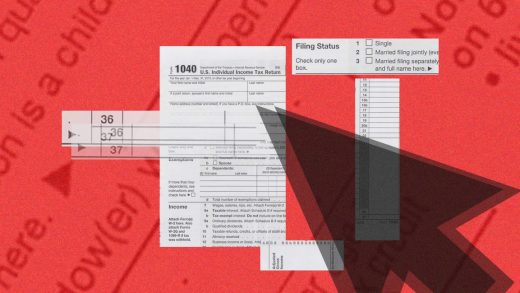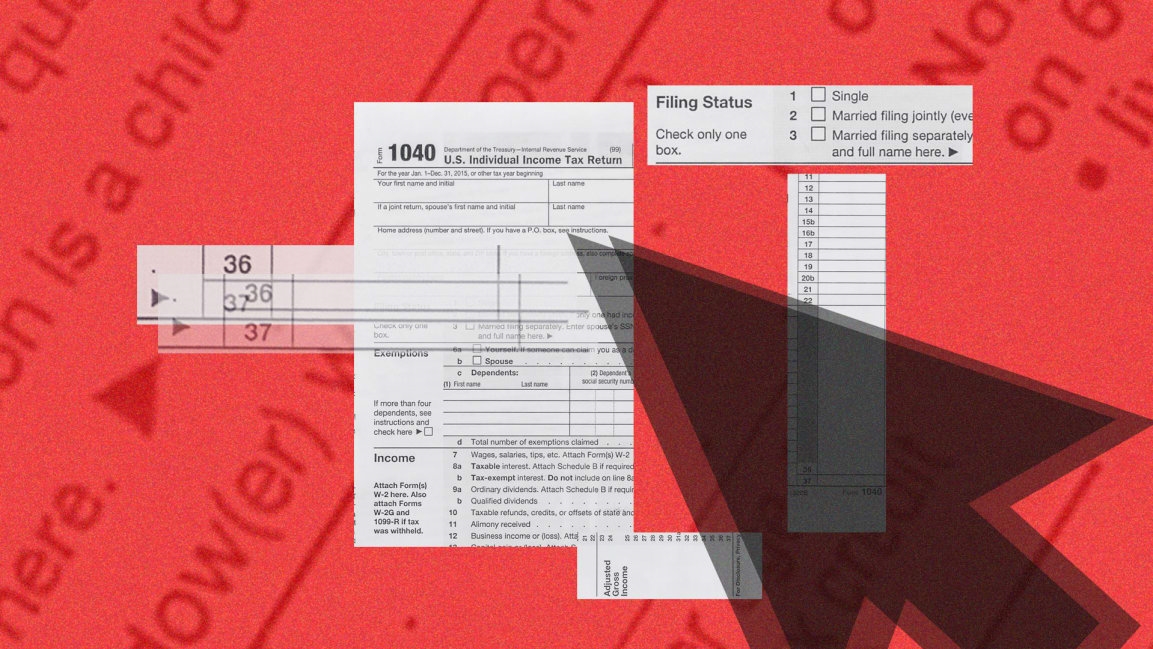Where’s My Refund? IRS seeks upgrade to dreaded online tool, but don’t hold your breath
In the midst of a particularly horrific tax season, with the beleaguered Internal Revenue Service (IRS) swamped by backlogged returns and citizens waiting anxiously for missing refunds to appear, many taxpayers seeking clarity have been referred to the dreaded “Where’s My Refund” tracker, which lives on the IRS website. It’s the place where inquiries go to die.
“Where’s My Refund” has been of scant help to many visitors, informing taxpayers with late refunds only that their returns are “pending.” It does not offer any estimate of when refunds can be expected, nor does it advise if additional supporting documents are needed. The lack of such basic services was flagged by the Taxpayer Advocate Service (TAS)—the arm of the IRS that ensures fair treatment of citizen taxpayers—which recommended that the IRS supply these features as quickly as possible.
And according to a TAS report, the IRS seems to have taken the first steps. It has submitted several “Unified Work Requests” to its engineers, requesting programming upgrades to the tool that would include more specific reasons for why a refund has been delayed, or a notice if it’s still reviewing whether supporting documents are needed. It also says it’s exploring a system by which taxpayers can digitally transmit documents to the IRS, such as uploading through the IRS.gov website. That could include a permanent extension of the interim rules that allowed people to submit identity verification files over eFax during the COVID-19 pandemic.
But it’s not a done deal by any means: The IRS cautions that such programming upgrades are “subject to funding limitations and competing priorities,” meaning all this could very well amount to nothing if cash is thin or other issues are deemed more important. It’s also worth noting that another request—to supply relevant contact telephone numbers through the “Where’s My Refund” tool—has already been denied “due to funding limitations.” So if you’re still waiting for your 2020 refund, maybe don’t hold your breath.
Further along in the report, the IRS also notes it would not be able to expedite legitimate refunds by modernizing its “obsolete” systems—also “due to funding limitations”—nor would it be sharing data about how long it detains legitimate refunds that are tagged by fraud filters.
(27)



